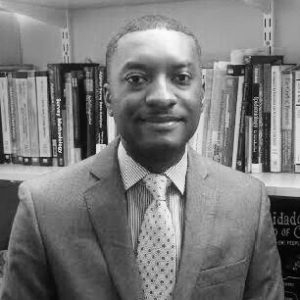DrPH, Sociomedical Sciences
Columbia University
MPH, Health Behavior and Health Education
University of Michigan School of Public Health
Dr. Ransome is trained in social epidemiology and applies theoretical frameworks that span sociology, psychology, and economics to study health and social outcomes. He has expertise in quantitative and geostatistical methods that he applies to his research, which includes geospatial analysis and multilevel modeling.
Dr. Ransome has two lines of research: the first focuses on the social determinants of HIV care continuum outcomes, with a particular interest in resilience-based determinants that can have protective impacts and reduce race/ethnic- and geography-based disparities in outcomes including delayed HIV diagnosis and linkage to HIV care. The second area investigates environmental, psycho-social, and bio-physiological determinants that account for race/ethnic disparities in alcohol-related health outcomes. The research aims to build evidence on the impact of psychosocial and physiological determinants that can be included in routine health care screening among African Americans to narrow racial disparities in chronic disease and mortality outcomes.
Dr. Ransome’s implementation science research focuses on understanding whether community-level social cohesion/capital and collective efficacy can be integrated into current structural (e.g., HIV testing) and individual (e.g., PrEP use) HIV-prevention interventions to improve uptake among racial/ethnic minorities and reduce disparities in new infections.
